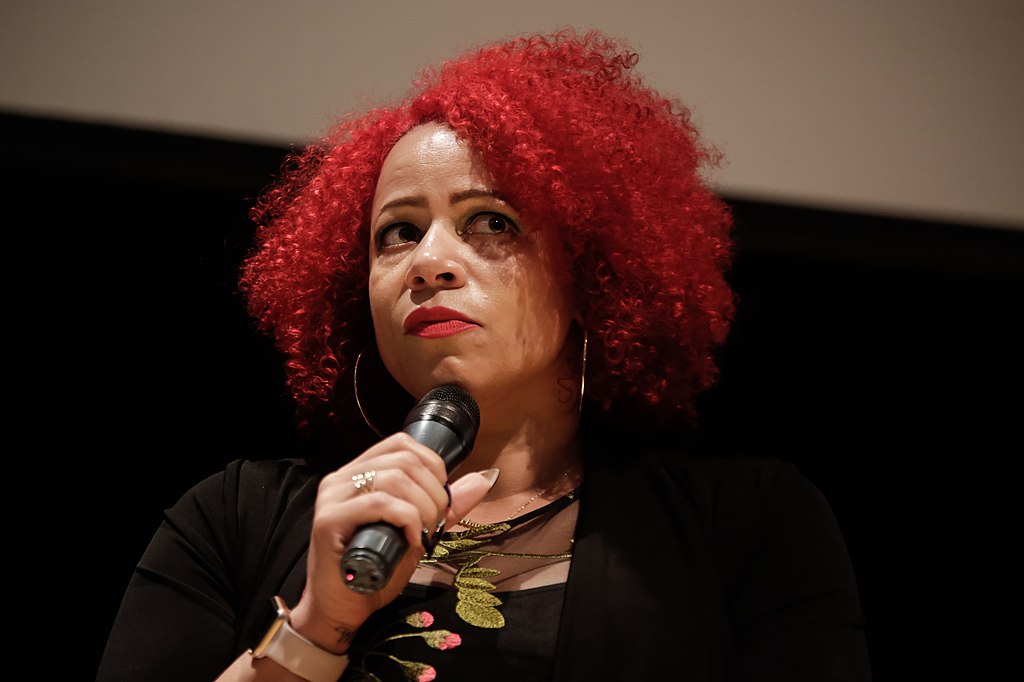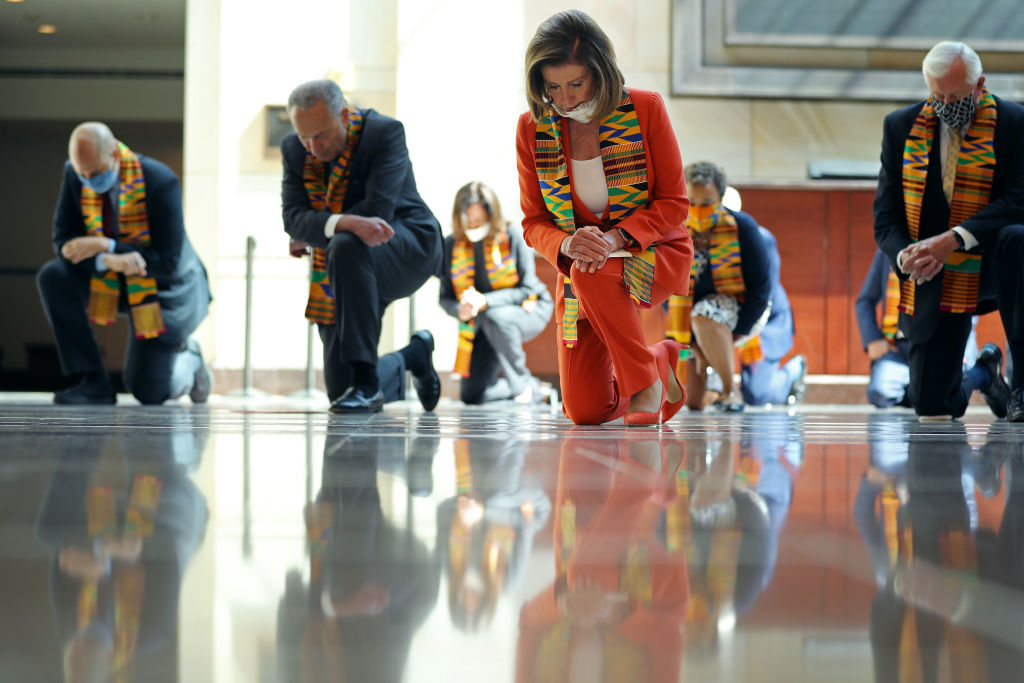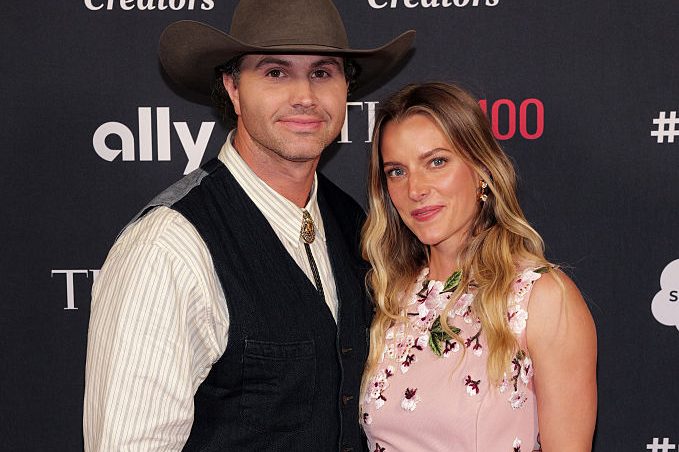Professor James H. Sweet is a temperate man. He seeks to avoid extremes. But he also seeks to be bold in his temperance. You can do that by emphatically stating an opinion that seems above reproach. But Professor Sweet miscalculated. His emphatic bromide blew up, and he was left offering emphatic apologies.
For those who have not followed this little academic circus, Professor Sweet, who teaches history at the University of Wisconsin at Madison, is also the president of the American Historical Association (AHA). That’s an important post. The AHA has over 11,500 members. It publishes the American Historical Review, “the journal of record for the historical profession in the United States.” And AHA holds a huge conference each January. The coming conference is in Philadelphia. Among other things, these conferences are job fairs, where recently minted Ph.D. historians go to get noticed for the relatively few academic positions that are available.
To be president of the AHA is to preside over an organization where getting noticed matters a lot, and one of the best ways to get noticed these days is to proclaim a grievance. It might not be too much of an exaggeration to say that AHA is an arena in which contestants battle it out for most noticeable grievance. History was once among the most popular majors in college, but it has suffered a catastrophic decline. According to the AHA itself, “As of 2019, history accounted for slightly less than 1.2 percent of all bachelor’s degrees awarded, the lowest share in records that extend back to 1949.” Surely every professional historian worries about this picture, and who would worry more than the president of the AHA.
But this is where Professor Sweet stumbled. He suggested a reason for the decline that ran athwart the sensitivities of some of his members. He did this by publishing a column in one of AHA’s journals, Perspectives on History, in which he temperately and oh-so-cautiously broached the idea that maybe historians today are trying a little too hard to shoehorn the past into the dominant cultural categories of the present. He titled his column, “Is History History? Identity Politics and Teleologies of the Present.” To mention “identity politics” without a deep bow of respect was itself a risky move, but it got worse. Sweet noticed that the number of Ph.D.s awarded to those who studied the period before 1800 had declined relative to those who study more recent periods. And this shift coincided with “plummeting undergraduate enrollments in history courses and increased professional interest in the history of contemporary socioeconomic topics.”
Could Sweet have been more explicit about the danger of what he calls “presentism”? Well, yes, he could have been. His next paragraph included a couple of sentences that landed like drone strikes on the radical left’s oil refinery:
If we don’t read the past through the prism of contemporary social justice issues—race, gender, sexuality, nationalism, capitalism—are we doing history that matters? This new history often ignores the values and mores of people in their own times, as well as change over time, neutralizing the expertise that separates historians from those in other disciplines.
Perhaps Sweet got carried away. Did he really mean that historians obsessively twisting every fact into a narrative about systemic injustice is somehow discrediting the profession? One might have read it that way.
In fact, Sweet goes on to describe some of the deep inaccuracies in Nikole Hannah Jones’s The 1619 Project: A New Origin Story, admittedly the work of a journalist and not a professional historian, but a work which was anointed by the profession: “professional historians’ engagement with the work that seemed to lend it historical legitimacy.” Sweet gives reasons why Nikole Hannah-Jones’s account (and others like it) are not to be trusted. He is “troubled by the historical erasures and narrow politics that these narratives convey.”
But Sweet is also at pains in his short essay to distance himself from any views that might be considered “conservative.” Indeed, he mischaracterizes much of the conservative reaction to The 1619 Project, saying, “Conservative lawmakers decided that if this was the history of slavery being taught in schools, the topic shouldn’t be taught at all.” As someone who has been talking with those lawmakers for almost three years, I have yet to meet one that expressed this view. The consensus is that the teaching of American history should definitely continue to include the history of slavery, but that it should be told factually and accurately, not as a collection of suppositions and fables.
That points to a problem that differs from the “presentism” that Sweet decries, though there is a connection. It is easier to justify making stuff up if you think you have a social justice mandate to tell a compelling “narrative.”
Sweet’s canard about conservatives attempting to “erase” slavery from history classes is followed by a few paragraphs slamming Justice Clarence Thomas for a different kind of “presentism” in his originalist jurisprudence in “overturning New York’s conceal-carry gun law” and slamming Justice Samuel Alito for his majority opinion in Dobbs v. Jackson. These paragraphs may reflect Sweet’s real opinions but they seem tacked onto his article to assure his readers he is on their side. He too hates conservatives, and he doesn’t want his strictures against “presentism” to be mistaken as some sort of endorsement of conservative concerns. Pray not.
But his doubling back did Sweet no good. No sooner was his essay published than the engines of outrage began pouring teleologies of indignation on the hapless Professor Sweet.
Being a man of character, Sweet did the honorable thing of publishing a groveling apology. I’ll skip the expressions of outrage, which are as routine as nose rings on student nostrils, and go directly to Sweet’s recantation. Highlights:
I take full responsibility that it did not convey what I intended and for the harm that it has caused. I had hoped to open a conversation on how we “do” history in our current politically charged environment. Instead, I foreclosed this conversation for many members, causing harm to colleagues, the discipline, and the Association.
If my ham-fisted attempt at provocation has proven anything, it is that the AHA membership is as vocal and robust as ever. If anyone has criticisms that they have been reluctant or unable to post publicly, please feel free to contact me directly.
I sincerely regret the way I have alienated some of my Black colleagues and friends. I am deeply sorry. In my clumsy efforts to draw attention to methodological flaws in teleological presentism, I left the impression that questions posed from absence, grief, memory, and resilience somehow matter less than those posed from positions of power. This absolutely is not true. It wasn’t my intention to leave that impression, but my provocation completely missed the mark.
Once again, I apologize for the damage I have caused to my fellow historians, the discipline, and the AHA. I hope to redeem myself in future conversations with you all. I’m listening and learning.
What is there to add to this? And what lessons if any should we draw from the affair? The simple lesson is that Nikole Hannah-Jones wins again. She bestrides the American history profession like a colossus. The other lesson is that the historian profession under the auspices of the AHA is just plain doomed. When it makes a half-hearted attempt to get something right, it then falls back into humiliation.
History will survive all this, but the teaching of history in our colleges and universities? The prospects are cloudy.

























